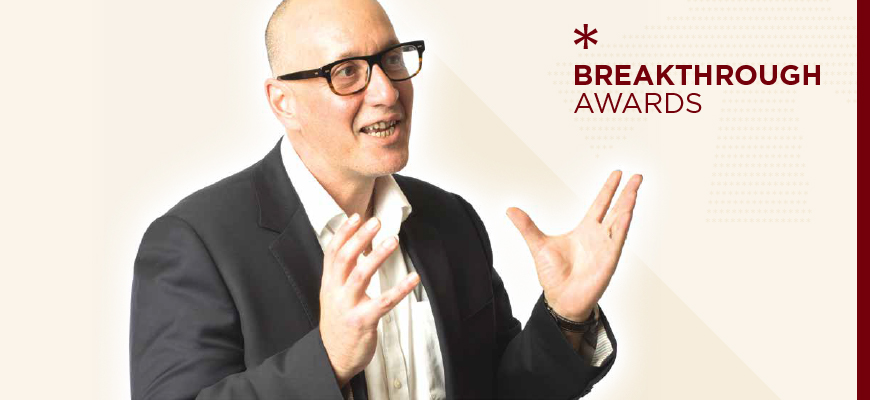
Nature made
Chemist wants to copy nature's blueprint for fuel and antibiotic synthesis
Posted on: June 1, 2018; Updated on: June 1, 2018
By Chris Horn, chorn@sc.edu, 803-777-3687
It sounds like a motorist’s dream come true: microorganisms that make gasoline. If you think it sounds farfetched, talk to Thomas Makris.
The assistant professor of chemistry is focusing his research on natural product biosynthesis pathways, which include not only fuel-producing microbes but also the antibiotic-making capabilities of microorganisms. Makris, the recipient of an NSF CAREER Award, hopes to sort out the complex chemistry and enzyme equations integral to both of those natural processes, then mimic the microbe-based manufacturing on a larger scale.
“I’ve always been captivated by the chemistry that we see all around us, especially the chemistry we see microorganisms do,” says Makris. “So we try to learn, how this chemistry is actually happening, how do these enzymes do it? Then we try to use that chemistry to engineer pathways necessary to actually make those molecules.
“These are the early days of this research, but can we engineer something as simple as a laboratory bacteria that can make gasoline?”
Makris believes the answer is ‘yes.’ And ditto that for the other half of his lab focus — a plan to figure out the chemistry that microbes use to make antibiotics.
“I’ve been fascinated by enzyme chemistry since graduate school, and I’ve worked on a number of interesting systems,” he says. “While it’s fine to understand from an intellectual level how an enzyme works, how do you actually use that knowledge to make something of commercial or industrial importance?”
Makris has made a point of taking undergraduates along for the ride in his research endeavors. He’s had about 20 undergraduates working in his lab during the past five years, and many of them have been co-authors on several publications.
These are the early days of this research, but can we engineer something as simple as a laboratory bacteria that can make gasoline?
Thomas Makris
“Both I and the graduate students who mentor them really benefit because we have to articulate what we’re doing, research wise, to someone who has never seen it before — we can all use that practice,” Makris says. Three graduate students have completed their doctoral degrees under his direction.
Makris has simple goals for his research group but acknowledges the pace of discovery is never certain.
“In both projects, we are learning how enzymes are exquisitely wired to achieve an array of different functions. We are learning what the limitations are, and when we can, to correct them, so we can build faster enzymes and to build enzymes that can do the chemistry we want rather than all the byproducts we don’t want,” he says. “While we continue to study these basic pathways at a fundamental level, our research is becoming more applied in terms of the end goals for these products.”
Share this Story! Let friends in your social network know what you are reading about